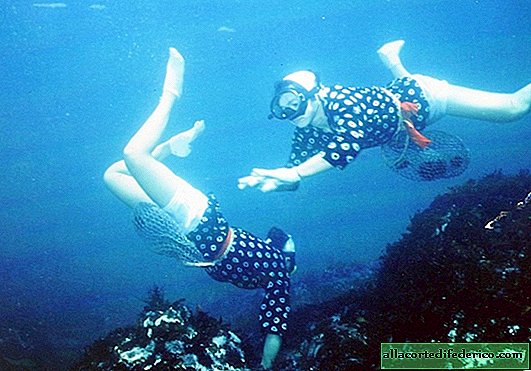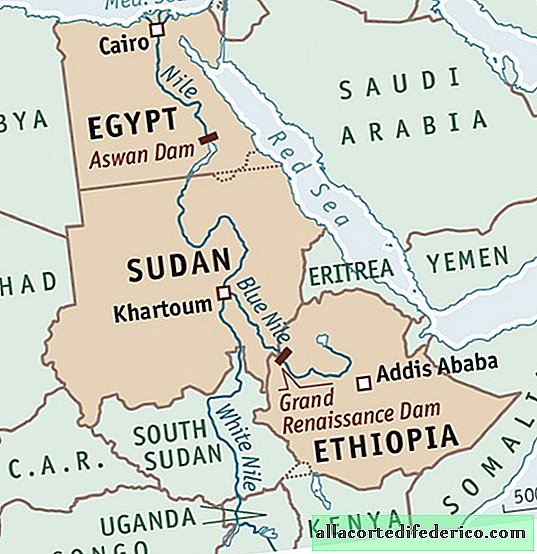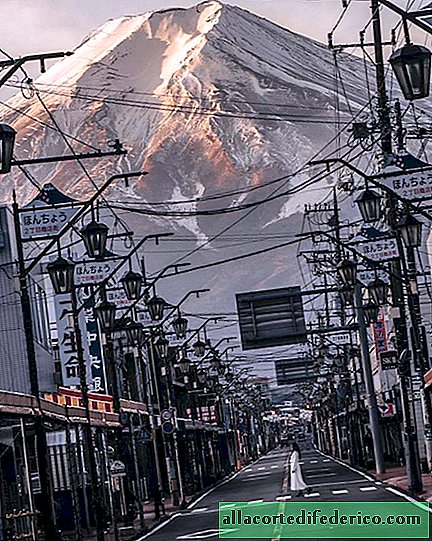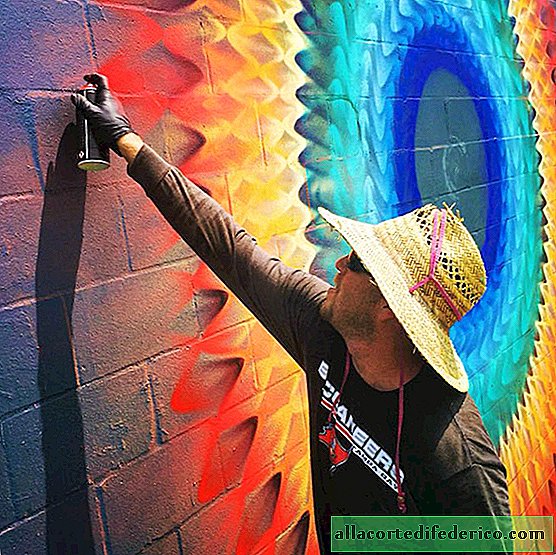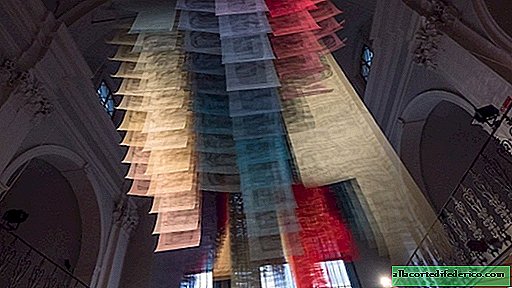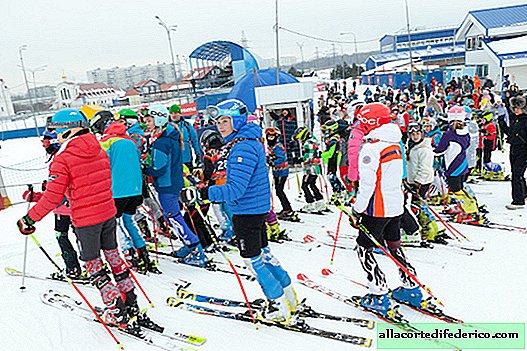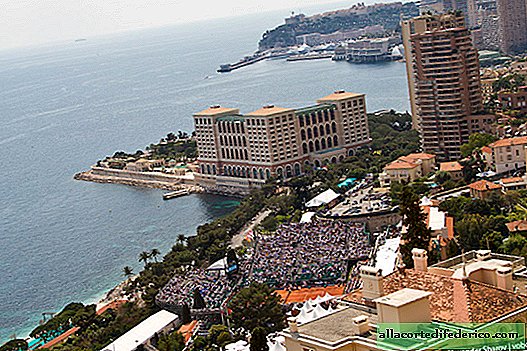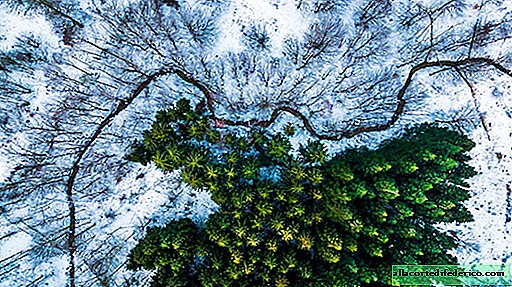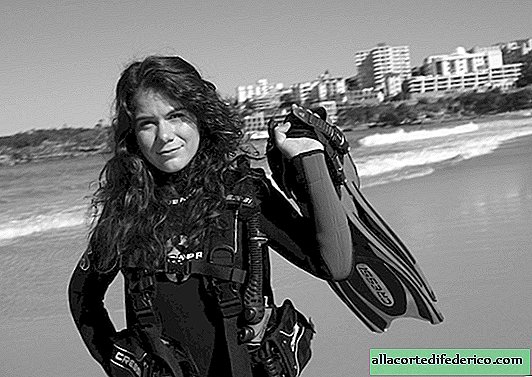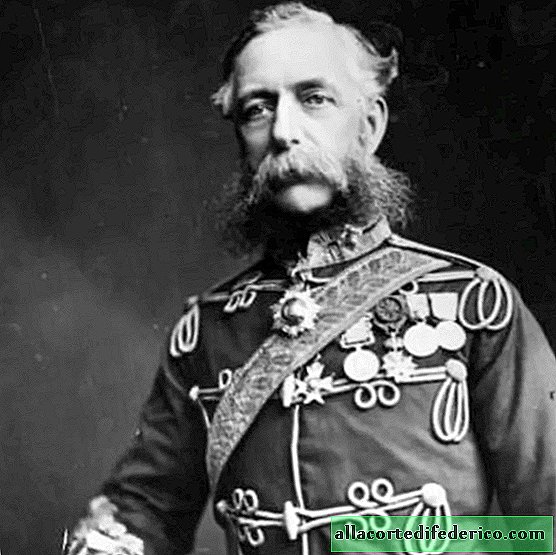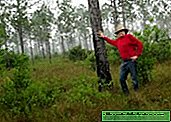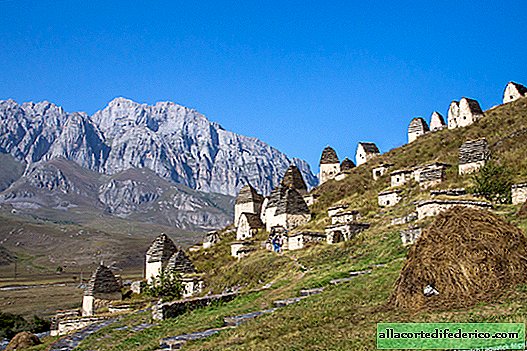Pioneers of the XXI century: how Russian schoolchildren discover islands in the Arctic
In the era of the great geographical discoveries, the leading world powers equipped marine expeditions, the purpose of which was the discovery and development of new lands. Not everyone returned from dangerous trips, and swimming lasted for years, and even decades. In the modern world, everything is much simpler: you can become a pioneer of new lands without making dangerous trips and without even leaving your home.
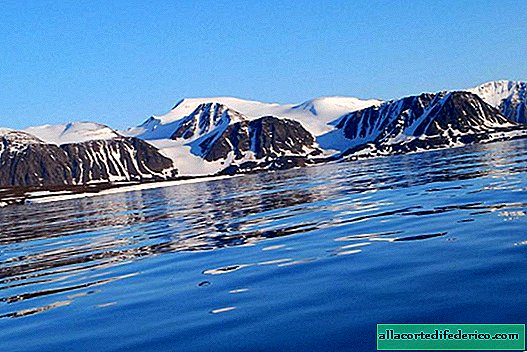
Not so long ago, Russian schoolchildren from the Moscow region Artyom Makarenko and Valeriya Saenko studied space images of Arctic latitudes. In this region, in recent years, the effects of global climate change are becoming more clearly visible: the ice sheet is rapidly decreasing. This also applies to seasonal and long-term ice cover.

It is precisely with the melting of the Arctic ice that the latest geographical discoveries are connected. Schoolchildren discovered a previously unknown island off the coast of Novaya Zemlya, which appeared as a result of a decrease in the area of the adjacent glacier. The discovery was announced at the All-Russian Youth Scientific Readings named after S.P. Korolev, which took place at the end of December last year. As expected in such cases, the application for registration of a new geographical object was sent to the appropriate service of the Russian Geographical Society.
The island, which appeared as a result of the melting of the Vilkitsky glacier, is small: 410 by 780 meters.

It is noteworthy that this is not the first geographical discovery made with the help of observant schoolchildren in the Novaya Zemlya region. In the summer of 2016, a specialized space shift, organized with the participation of Roscosmos, functioned in the Artek children's camp. Here the guys also made a number of discoveries, including describing an island that was previously unknown. This land was also found off the coast of Novaya Zemlya, but it was formed as a result of the melting of the Wiese glacier.
Of course, not only schoolchildren make sad discoveries that testify to rapid changes in the Arctic. New land areas in the Novaya Zemlya area are regularly discovered during research expeditions on the archipelago. In the fall of 2017, the crew of the Senezh Northern Fleet hydrographic vessel discovered a previously unknown island that arose as a result of the melting of the Chaev glacier.
If from childhood you dream of going down in history as the discoverer of new lands or want to give your name to a new island, then feel free to start your search. Fortunately, there are plenty of available resources with satellite images to date. And judging by the fact that even schoolchildren achieve such successes, it will not be difficult to find a new island.


